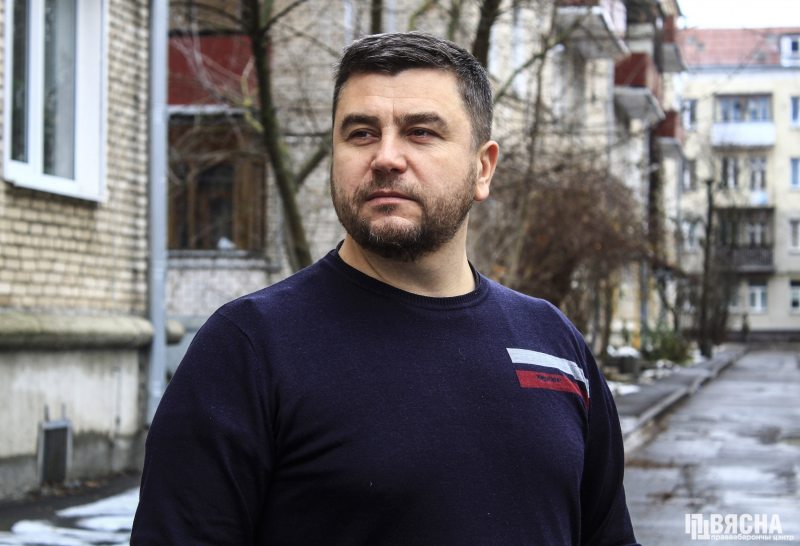Andrei Paluda: “Authorities still consider the death penalty as a deterrent”
-

- Human rights defender Andrei Paluda has been fighting for many years for the complete abolition of the death penalty.. Photo: spring96.org
The House of Representatives passed in the first reading the bill “On Amendments to the Criminal Codes” which introduces the death penalty for treason by an official or a military officer (Part 2 of Art. 356 of the Criminal Code), reports the press service of the House of Representatives
This decision was made to “deter destructive elements” and “demonstrate a determination to combat high treason.”
The corresponding draft law has already been adopted in the first reading. It is reported that this is being adopted "in order to act as a deterrent to destructive elements, as well as to demonstrate the fight against treason."
Andrei Paluda, coordinator of the campaign Human Rights Defenders Against the Death Penalty in Belarus, commented on possible amendments to the law:
“We see a steady tendency to legally expand the use of the death penalty in Belarus. For now, it is legislative expansion, but we can’t exclude that there will be a practical expansion of capital punishment as well. In my opinion, this indicates several things.
Firstly, [it indicates] that the authorities still consider the death penalty as a deterrent. In their view, this factor can prevent certain undesirable acts.
Secondly, we should pay attention to who are the subjects of these changes—civil and military servants. This is evidence that the screws are being tightened against ‘sovereign's people,’ as Belarusian officials and law enforcement officers very often like to call themselves. By contrast, the April amendments to the legislation related to the death penalty were aimed at the general public. Most likely, they stemmed from the anti-war actions of Belarusians, including the actions of the so-called rail guerrillas.
Thirdly, very often such serious changes in the law are a vivid indicator of the processes taking place in society—their depth and mass character. With the state of sociology in Belarus today, these processes are invisible to us.
What we, human rights activists, have been emphasizing all the time–that the existence and use of the death penalty is a major social problem that affects everyone–also manifests in such legislative initiatives, which may soon be put into practice.”
Until now, the death penalty in Belarus has been possible for 12 categories of especially dangerous crimes in peacetime, with a few more in wartime.

